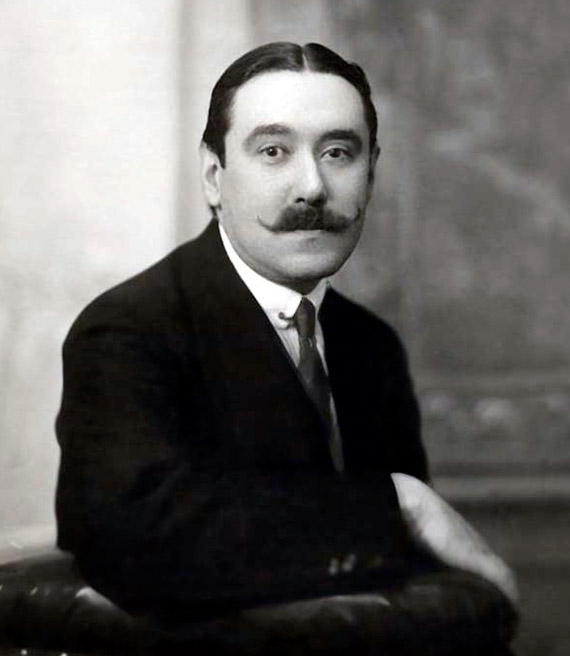Performances speak better than words in Chamber Music Society program

Joaquin Turina’s Piano Trio No. 1 was played by the Chamber Music Society of Lincoln Center Sunday at Alice Tully Hall.
The first rule of classical music should be something like, “No one talks about classical music.” Not that it’s a big secret, but that it’s usually better to perform than to talk about it.
That was an issue at Sunday afternoon’s concert from the Chamber Music Society of Lincoln Center at Alice Tully Hall. To be specific, there was no talking on stage, all of it was in the program. It started with the inapt title, “Wanderlust,” and continued with an unconvincing argument that the collection of works on display amounted to either a depiction of the idea of wandering or a serious exploration of national style.
Well, not really. Though the music came from different parts of Europe—Turina’s Piano Trio No. 1, Op. 35, Grieg’s Cello Sonata in A minor, and Dvorak’s String Quintet, Op. 77—none of it was about or sufficient to induce a desire to travel. And except for Turina, none of it had any particular national flavor. That this was good music and received superlative performances, all played at a high level, obviated any marketing justification.
As pianist Anne-Marie McDermott, violinist Yura Lee, and Koranyi plunged into the yearning expression that introduces Turina’s Trio, one also had to consider whether the musicians were arguing for a national style. Through the three movements, Trio No. 1 steps back and forth between music we have have come to think of as Spanish in a clichéd way (full of perfumed ornamentation and gestures) and fugal and variation structures that are the core classical tradition. The former music is strong and pleasurable, the latter glib and wan.
The musicians gave it their all; McDermott’s exacting and sparkling touch was perfect for this, and Lee and Koranyi exuded passion.
With the other two works, there was no consideration of what the music of Norway or Bohemia was supposed to sound like. Though Grieg and Dvorak could depict their homelands in music, neither the Sonata nor Quintet is anything but abstract, romantic music.
The Grieg Sonata, in which McDermott accompanied Koranyi, is classical romanticism, a personal expression bursting with feeling. Koranyi’s singing sound served the music beautifully. The A minor sonata can be overwrought, and the extended finale grows overripe, but Koranyi cut through with the fervor of a man convinced that what he was doing was absolutely necessary.
In terms of composition, Dvorak’s Op. 77 Quintet, which filled the second half, was the strongest work on the program. This was great ensemble playing (Lee, Koranyi, violinist Paul Huang, violist Richard O’Neil, and bassist Edgar Meyer), full of strength and rich tone, the musicians expressing the energy in the music and feeding off one another. Huang’s playing was particularly brilliant.
There was also a curiosity. Before they began, O’Neil announced that they would be playing the original five-movement version of the Quintet, including a second movement Intermezzo that Dvorak’s publisher had asked him to cut from the final version.
His publisher was right. The Intermezzo is dull and badly structured, with two sections out of proportion from each other. Everything about it screamed “first draft,” not least that it fit badly into the overall form of the piece.
After an explosive Allegro con fuoco movement, the Intermezzo drained the energy from the ensemble. But it returned immediately with the Scherzo, and the performance of the standard work was powerhouse all the way through.
Chamber Music Society of Lincoln Center presents “Through the Great War,” 7:30 p.m. February 20 in Alice Tully Hall. chambermusicsociety.org


